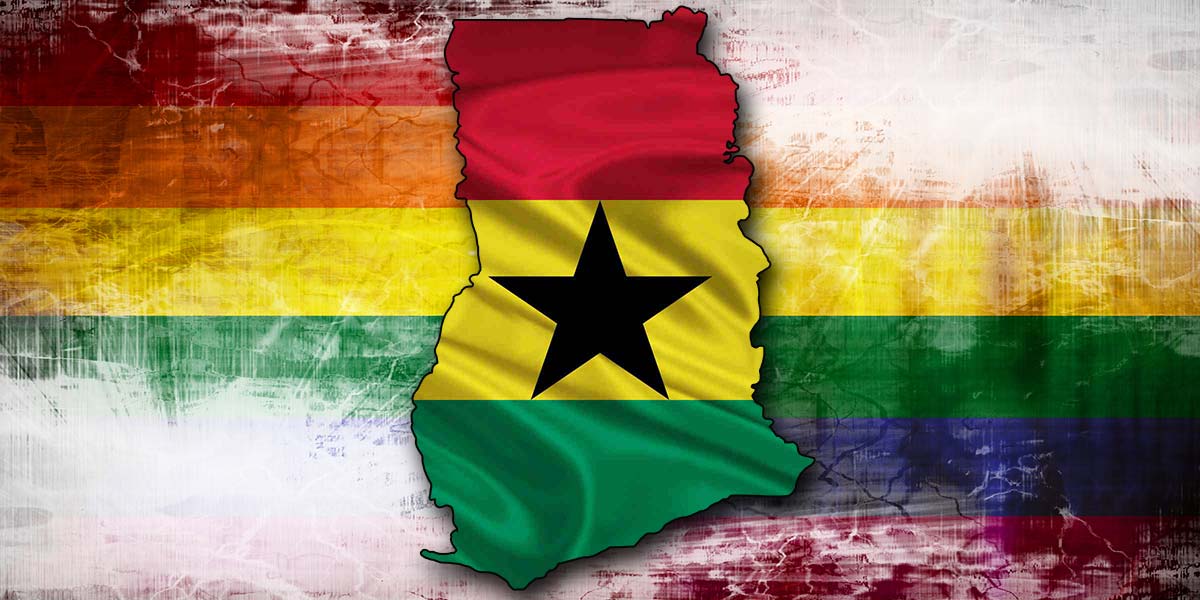Ghana: Education authorities specify ban on same-sex conduct

The Ghana Education Service (GES) is accused of encouraging anti-LGBTQ+ sentiment and discrimination by unnecessarily singling out same-sex sexual conduct in schools as misconduct.
Human rights group Rightify Ghana has brought attention to a recent update in the “Code of Conduct for Students in the Pre-Tertiary Levels of Education in the GES.”
The GES, responsible for implementing educational policies and programs, added a new provision stating, “Any sexual conduct between students of the same sex shall constitute misconduct.”
This addition appears redundant, given that the existing code of conduct already deems it a misconduct for any student to engage in sexual relations. The new clause seemingly serves little purpose other than emphasising queer sexuality as especially problematic.
Fears the Move will Fuel Queerphobia in Schools
Rightify Ghana raised concerns, warning that this unnecessary provision “may inadvertently embolden homophobic students and school authorities to harm those perceived to be LGBTQ.”
The organisation revealed that it had uncovered approximately 100 “alarming cases of discrimination and violence” against students in 2023.
“One distressing incident involved 6 male students brutally attacked on campus by about 30 masked peers who accused them of being gay due to their perceived effeminate qualities,” stated the group.
Rightify Ghana noted that many of the cases were based on mere suspicion rather than evidence of inappropriate behaviour. It called for immediate attention from the Ghana Education Service to address discrimination, bullying, violence, and harassment against vulnerable students.
Worsening Landscape for LGBTQ+ Ghanaians
Ghana’s existing Criminal Code criminalises consensual same-sex relations with a potential three-year prison sentence. An alarming new draft bill, currently making its way through the legislature and supported by the country’s Catholic Church, seeks to further criminalise homosexuality and LGBTQ+ identities.
Under the proposed law, merely identifying as LGBTQ+ or as an LGBTQ+ ally could lead to three to five years in prison, while advocating for LGBTQ+ rights may result in a ten-year prison sentence.
Human Rights Watch says the bill is inconsistent with Ghana’s human rights obligations, would incite fear, hatred, and violence against LGBTQ+ Ghanaians, and its passage would be an anti-democratic and authoritarian turn for the country.
In November, the United States embassy in Ghana issued a travel advisory urging visitors to exercise heightened caution due to escalating crime and violence against the LGBTQ+ community in the West African nation.
Prohibition of Same-Sex Conduct in Revised GES Code of Conduct for SHS Students
In the updated ‘Code Of Conduct For Students In The Pre-Tertiary Levels Of Education In The GES,’ the Ghana Education Service (GES) explicitly prohibits same-sex sexual conducts amongst students. pic.twitter.com/Fz8PZi1LBB
— Rightify Ghana (@RightifyGhana) January 10, 2024
Leave a Reply